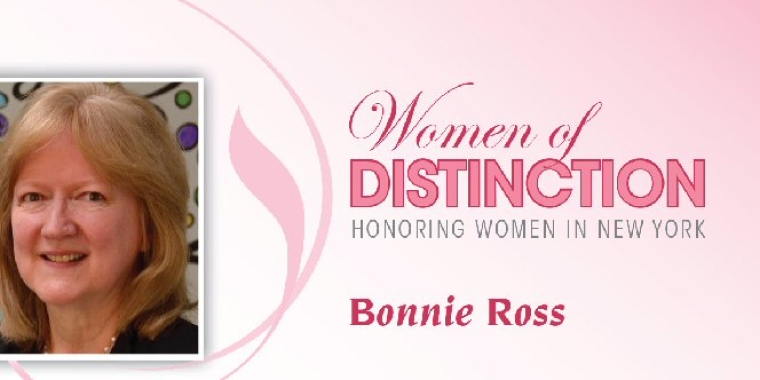
Senate Passes Funke Bill to Make the Obstruction of Firefighters Performing Emergency Medical Care a Crime
Rich Funke
May 20, 2015
Legislation would hold anyone who intentionally obstructs a firefighter performing emergency medical care on a sick or injured person guilty of a Class A Misdemeanor
The New York State Senate today passed S.2977, a bill sponsored by Senator Rich Funke to make the intentional obstruction of a firefighter performing emergency medical care on a sick or injured person a crime. Funke’s legislation would classify the crime as a Class A Misdemeanor and passed the Senate with unanimous, bipartisan support.
“Firefighters put their lives on the line in many ways during the course of their official duties and they deserve to be protected no matter what type of work they are engaged in,” said Funke. “Whether it’s a fire, accident, or medical emergency, firefighters are always there to keep us safe and I’m proud this legislation ensures the law is on their side to keep them safe as well. I thank my colleagues on both sides of the aisle for their support of this legislation and I look forward to seeing Majority Leader Morelle’s bill move forward in the Assembly.”
New York State Penal Code affords firefighters special protections while engaged in a variety of functions during the performance of their official duties. However, a loophole in State law does not adequately protect firefighters performing emergency medical care. In a 2004 incident, the City of Rochester Fire Department responded to a call and began delivering emergency medical care for a victim when an uninvolved onlooker became agitated and physically attacked firefighters on scene. Despite the egregious nature of the incident, the assailant could not be charged under existing law protecting firefighters. As a result of Funke’s leadership, S.2977 would close this loophole to protect firefighters performing emergency medical care.
The bill is also being carried in the New York State Assembly by Assembly Majority Leader Joe Morelle, where it was most recently referred to the Committee on Codes.
“Firefighters put their lives on the line in many ways during the course of their official duties and they deserve to be protected no matter what type of work they are engaged in,” said Funke. “Whether it’s a fire, accident, or medical emergency, firefighters are always there to keep us safe and I’m proud this legislation ensures the law is on their side to keep them safe as well. I thank my colleagues on both sides of the aisle for their support of this legislation and I look forward to seeing Majority Leader Morelle’s bill move forward in the Assembly.”
New York State Penal Code affords firefighters special protections while engaged in a variety of functions during the performance of their official duties. However, a loophole in State law does not adequately protect firefighters performing emergency medical care. In a 2004 incident, the City of Rochester Fire Department responded to a call and began delivering emergency medical care for a victim when an uninvolved onlooker became agitated and physically attacked firefighters on scene. Despite the egregious nature of the incident, the assailant could not be charged under existing law protecting firefighters. As a result of Funke’s leadership, S.2977 would close this loophole to protect firefighters performing emergency medical care.
The bill is also being carried in the New York State Assembly by Assembly Majority Leader Joe Morelle, where it was most recently referred to the Committee on Codes.
###
Share this Article or Press Release
Newsroom
Go to NewsroomJohn White
May 20, 2016

Bonnie Ross
May 12, 2016


Earth Day 2016 Poster Contest: District 55
April 14, 2016
